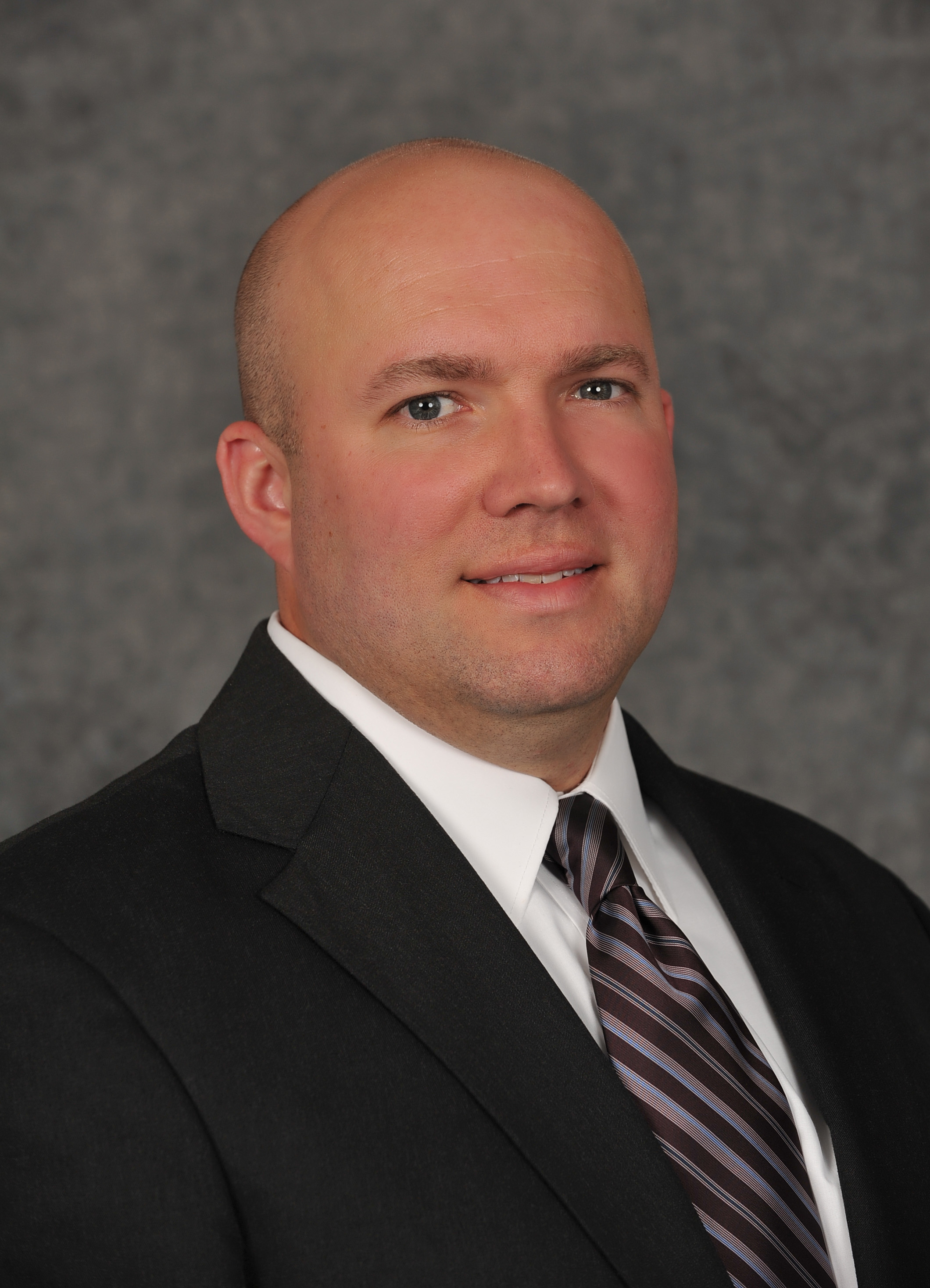Michael
Beckett, Esq.,
Associate Director,
Research Services

ALASKA:
Ballot Measure 2 was approved with 50.5% of the vote reported as
of November 17. The measure will make several changes to the
election process, including replacing partisan primaries with
open top-four primaries for state executive, state legislative,
and congressional offices. Also, the measure establishes
ranked-choice voting for general elections, including the
presidential election, in which voters can rank the candidates.
Additionally, Ballot Measure 2 requires persons and entities
contributing more than $2,000 derived from donations,
contributions, dues, or gifts to disclose the true sources of
the political contributions. The approved system of top-four
primaries and ranked-choice voting general elections will be
first used in 2022, which includes the gubernatorial, U.S.
House, and a U.S. Senate election.
AURORA, COLORADO:
In a 7-3 vote, the Aurora City Council passed a major campaign
finance reform ordinance on November 2, increasing transparency
and limiting money in city elections. The ordinance limits
donations from individuals and committees to $1,000 in at-large
and mayoral races and $400 for council wards. It also bans
contributions from "artificial persons" and increases
transparency of donations and enforcement of regulations.
Previously, Aurora imposed no limits on donations to candidates.
The ordinance is effective January 1, 2021.
COLORADO:
The Colorado General Assembly is preparing for a special session
to provide more relief to those impacted by COVID-19. Gov. Jared
Polis wants lawmakers to take immediate action on elements of
his $1.3 billion stimulus package that includes relief for
restaurant owners and other small businesses. The special
session is expected to take place after the Thanksgiving holiday
before lawmakers return on January 13, 2021 for their next
regular session. It will take at least three days to approve
legislation. A professional lobbyist must disclose within 72
hours if agreeing to lobby for an existing client or taking a
new position in connection to legislation, standard, rules, or
rates during a special session.
OHIO:
The Joint Legislative Ethics Committee published a reminder they
will not accept cash, money orders, or physical checks for
payment of 2021 lobbying registration fees. The online payment
portal, accessible via the lobbyist’s OLAC account was
established in 2019. Registrations fees for 2021 must be paid
electronically utilizing VISA, MasterCard, or ACH. Lobbyists may
begin renewing registrations for legislative, executive, and
retirement system engagements in OLAC on December 1. The renewal
option closes January 15, 2021. Any lobbyist who does not
complete the renewal process by January 15, 2021 must file a new
initial registration statement, which requires a signature page.
OREGON:
Voters passed a state constitutional amendment paving the way
for the Oregon State Legislature and local lawmakers to limit
political contributions and expenditures. Measure 107 also
allows for rules regarding disclosure of campaign activity to
require campaigns to be transparent about who paid for political
advertisements. Currently, there are no contribution limits due
to Oregon Supreme Court rulings declaring campaign finance
reform to be in violation of the state constitution. Measure 107
is retroactive, but only to legislation passed on or after
January 1, 2016.
Missouri Voters Pass Ethics and Elections Constitutional
Amendment
Marilyn Wesel, Esq.
Manager,
Research Services

On November 3, voters in Missouri passed Amendment 3, a
constitutional amendment initiated by Senate Joint Resolution
No. 38, passed earlier this year. The amendment creates a
lobbyist gift ban, reduces campaign contribution limits, and
repeals redistricting. The provisions are effective December 3,
30 days after the election.
Lobbyist Gift Ban
Amendment 3 prohibits all gifts from lobbyists or lobbyist
principals to members of the General Assembly, staff members,
and anyone employed by the General Assembly. Previously, gifts
valued at $5 or less per occurrence were acceptable. The gift
ban does not prohibit candidates from accepting campaign
contributions or gifts from family members. Amendment 3 makes no
changes to lobbyist reporting of expenditures required to be
filed monthly.
Contribution Limits
The amendment also reduces contribution limits made to or
accepted by any candidate or committee for the office of state
senator from $2,559 to $2,400 per election. The amendment
reduces contribution limits made to or accepted by any candidate
or committee for the office of state representative from $2,046
to $2,000 per election. These contribution limits apply to each
election cycle and go into effect December 3. Because the limit
changes during an election cycle, aggregate contributions
received prior to December 3 can be up to the limits in effect
at that time. However, aggregate contributions received after
this date must not exceed the new limits. Contribution limits
will remain the same for future elections because language
allowing for adjustment based on the consumer price index was
removed from the Constitution by this amendment.
Redistricting
Amendment 3 also modifies the criteria for redrawing legislative
districts and changes the process for redrawing state
legislative district boundaries during redistricting by
repealing the post of nonpartisan state demographer and giving
all redistricting responsibility to preexisting bipartisan
commissions. The commissions are renamed as the House
Independent Bipartisan Citizens Commission and the Senate
Independent Bipartisan Citizens Commission. Membership on the
commissions is increased to 20 by adding four commissioners
appointed by the governor from nominations by the two major
political parties’ state committees.
[The details for this article are updated on our website in the
Gift Law section
of the U.S. Lobbying and Procurement Lobbying Compliance Laws
and the Contributions section of the U.S. Political
Contributions Compliance Laws
for Missouri.] |
At any given time,
more than 1,000 legislative bills, which can affect how you do
business as a government affairs professional, are being
discussed in federal, state, and local jurisdictions. These
bills are summarized in State and Federal Communications'
digital encyclopedias for lobbying laws, political
contributions, and procurement lobbying and can be found in the
client portion of our website.
Summaries of major bills are also included in monthly email
updates sent to all clients. The chart below shows the number of
bills we are tracking regarding lobbying laws, political
contributions, and procurement lobbying.
| |
Total bills |
Number of
Jurisdictions |
Passed |
Died |
Carried over
to 2021 |
|
Lobbying Laws |
322 |
44 |
22 |
172 |
5 |
|
Political
Contributions |
536 |
56 |
59 |
224 |
25 |
|
Procurement
Lobbying |
322 |
46 |
26 |
162 |
6 |
|